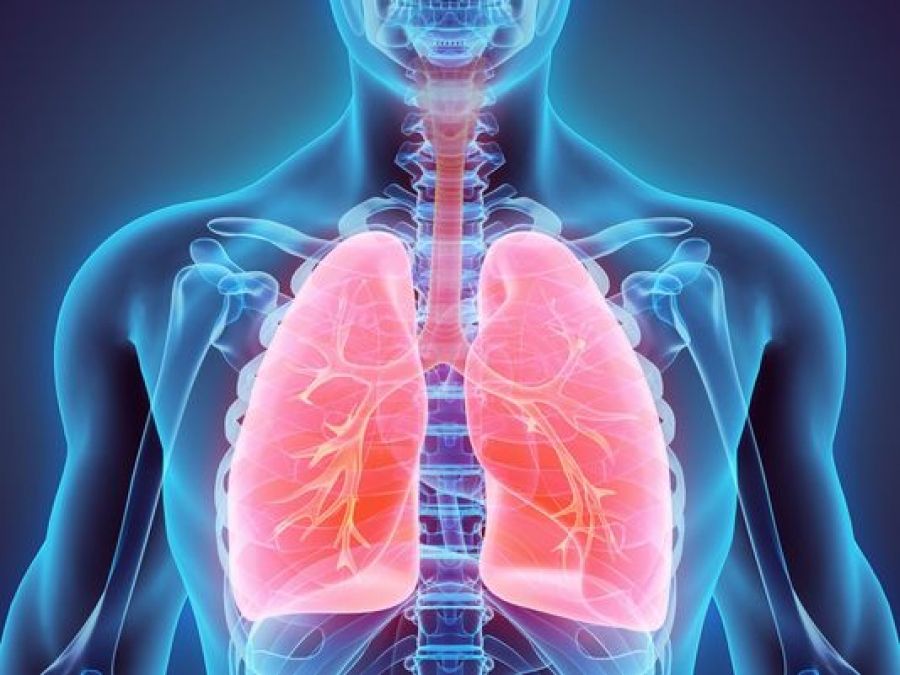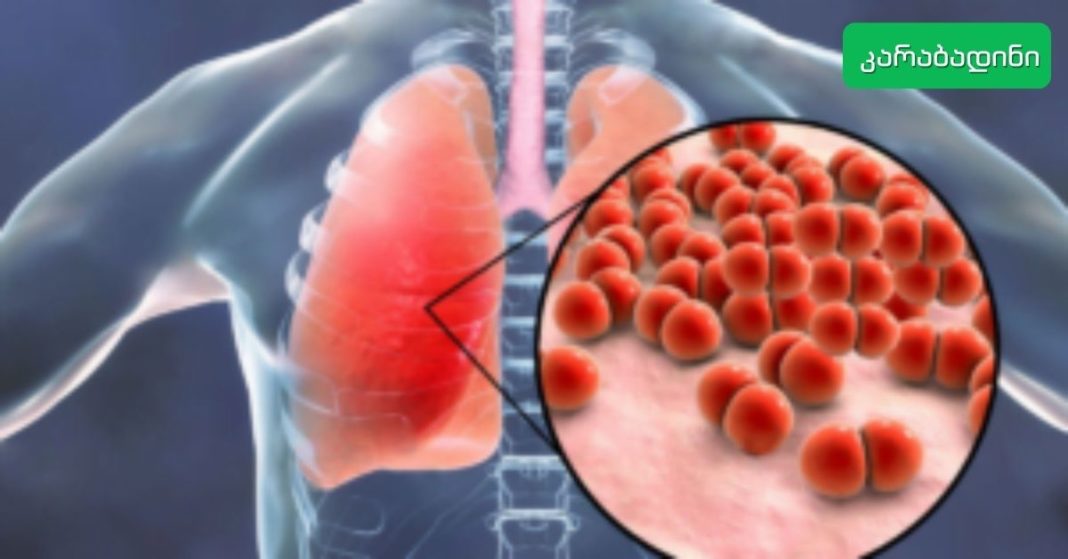What Is Pneumonia?
Pneumonia is an inflammatory infection that affects one or both lungs. It typically begins in the alveoli—the small air sacs in the lungs—filling them with fluid or pus (exudate), which makes it difficult to breathe.
Common Symptoms of Pneumonia
Pneumonia symptoms can vary depending on your age, general health, and the type of germ causing the infection. The most common symptoms include:
- Cough, often producing thick or colored mucus (sputum)
- Shortness of breath or rapid breathing
- Chest pain, especially when breathing deeply or coughing
- Fever, sweating, or chills
- Fatigue, muscle aches, and a general feeling of weakness
- Loss of appetite and low energy
- Headache
- Nausea, vomiting, or diarrhea
- Cold-like symptoms, such as a runny nose or sore throat
- In older adults: lower-than-normal body temperature or confusion
What to Expect After Hospital Discharge
After being discharged from the hospital, it is normal to continue experiencing some symptoms for a while.
- Cough may persist for 1–2 weeks
- Recovery of appetite, energy, and sleep may take several weeks
- You may feel weak or tired even after the fever goes away
How to Manage Recovery at Home
Proper home care is essential for a full recovery. Here’s how to take care of yourself or your loved one:

Follow Medical Advice
- Take all prescribed medications exactly as directed
- Don’t skip doses or stop taking your medicine early, even if you feel better
- Inform your doctor of any side effects
- Do not take additional medications without consulting your doctor
Protect and Support Lung Health
- Avoid exposure to smoke, dust, or other lung irritants
- Perform breathing exercises to strengthen the lungs
- Coughing is normal and helps clear mucus—use cough medications only if prescribed
- Use a humidifier if the air is dry—it can make breathing easier
Postural Drainage and Percussion
- Your doctor may recommend postural drainage: lie down with your head lower than your chest to help drain fluid from your lungs
- Percussion therapy may help loosen mucus: lie in a similar position and gently tap the chest area with a cupped hand
Nutrition and Hydration
Good nutrition and adequate hydration support your immune system:
- Eat abalanced diet with plenty of fruits, vegetables, lean proteins, and calcium-rich foods
- Drink 6–8 glasses of water, herbal tea, or juice daily (unless your doctor tells you otherwise)
- Avoid alcohol during your recovery—it can weaken your immune response
Rest and Sleep
- Get plenty of rest to support healing
- If coughing disrupts your night sleep, try napping during the day
- Don’t push yourself physically—listen to your body
Prevent Further Infection
- Avoid crowds or sick individuals
- Wash your hands frequently with soap and warm water
- Avoid smoking and stay away from secondhand smoke
When to Call Your Doctor
Seek immediate medical help if you experience:
- Worsening shortness of breath or difficulty taking deep breaths
- Chest pain while breathing
- High fever that doesn’t improve
- Green, yellow, or foul-smelling mucus
- Nausea or vomiting
- Severe fatigue, confusion, or difficulty thinking clearly
- Bluish lips or fingernails (sign of low oxygen)
Summary
Pneumonia is a serious condition, but with proper treatment and home care, full recovery is possible. Recognizing the symptoms early, following medical advice, protecting your lungs, staying hydrated, eating well, and getting enough rest are key parts of your healing journey.
This video will help you understand what pneumonia is and how to effectively manage and recover from it.


















